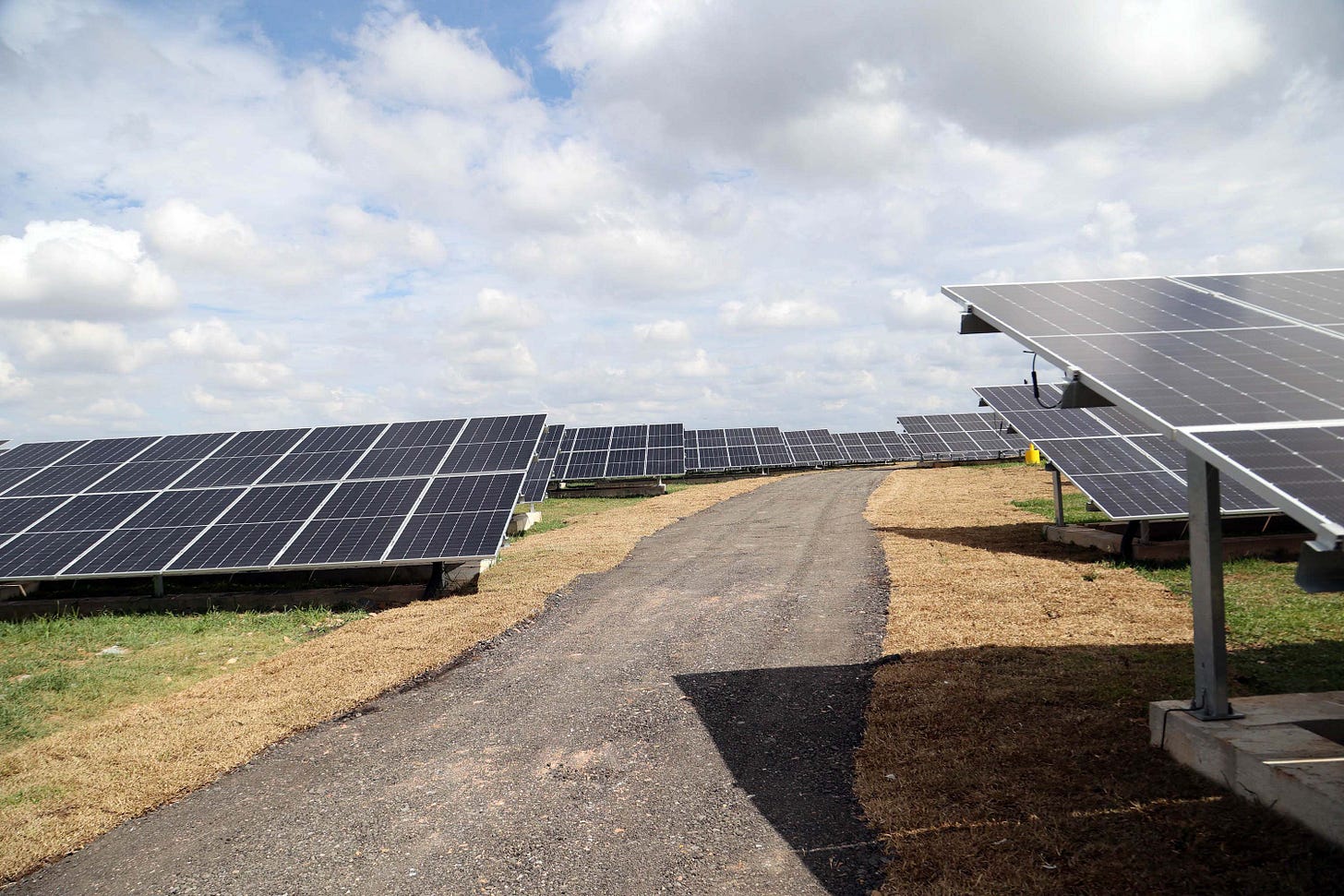Growing international support for energy efficiency
Cities are showing leadership, but they need a seat at the international table to help deliver faster action
Continued progress in energy efficiency is of paramount importance if we are to meet the Paris Agreement targets. The International Energy Agency (IEA)’s energy efficiency conference in June declared the 2020s a “crucial decade” to raise and meet the world’s energy efficiency ambitions. If the issue is technical, it certainly isn’t too niche—in attendance were representatives from governments that jointly account for 70% of global energy consumption. The international community is taking energy efficiency seriously, particularly post Russia’s invasion of Ukraine, because the benefits of continued progress in energy efficiency are as wide-ranging as they are intuitive: it enables improved energy access and reliability; it creates opportunities for good, green jobs; it lowers energy bills; and it reduces reliance on fossil fuels.
Following the conference, the IEA released a remarkable statement signed by several national governments and international organisations. Given the recent u-turns of Oil Majors from their climate commitments, and the short-sighted focus of some governments on continuing to invest in obsolete fossil fuels, such clear international support for energy efficiency is welcome.
It is clear that, considering their population and economic significance, the lion’s share of energy efficiency innovation will be developed, piloted, and ultimately implemented in cities. In fact, C40 mayors are already at the forefront of this push and are leading the transition away from fossil fuels:
Curitiba, Brazil launched the “Solar Pyramid”, a solar power plant on a deactivated landfill with a generation capacity of 4.55MWp, which will supply about 30% of the municipality’s electricity demand.
Johannesburg, South Africa has created an ambitious electrification plan to increase energy access for 180,000 households in informal settlements.
Los Angeles, US is phasing out three coastal fossil gas power plants, which account for 38% of the city’s natural gas portfolio, by 2029.
Oslo, Norway has offered subsidies to nearly 2,000 housing cooperatives, co-owned properties and commercial buildings to replace their oil-fired boilers, driving its emissions from this source close to zero.
In the Netherlands, Amsterdam is protecting its most vulnerable residents by investing €8.5 million to insulate their homes. The city is working with Rotterdam and other local and national authorities to transition 1.5 million homes away from fossil gas by 2030.

The IEA recognises cities’ role in this “crucial decade”, but this awareness needs to extend to national governments and international organisations. Cities are much more than just delivery agents for nationally devised policies. They are innovative climate leaders and deserve a seat at the table where bold new ambitions are being set.
What I’m reading
We really enjoyed this positive climate story of how a village in Cambridgeshire, England—not far from the village of Thriplow where David grew up—has transitioned from individual oil furnaces to heat pumps on a district energy system. Accelerating and simplifying planning processes is definitely one of the challenges for this crucial decade of energy efficiency.




